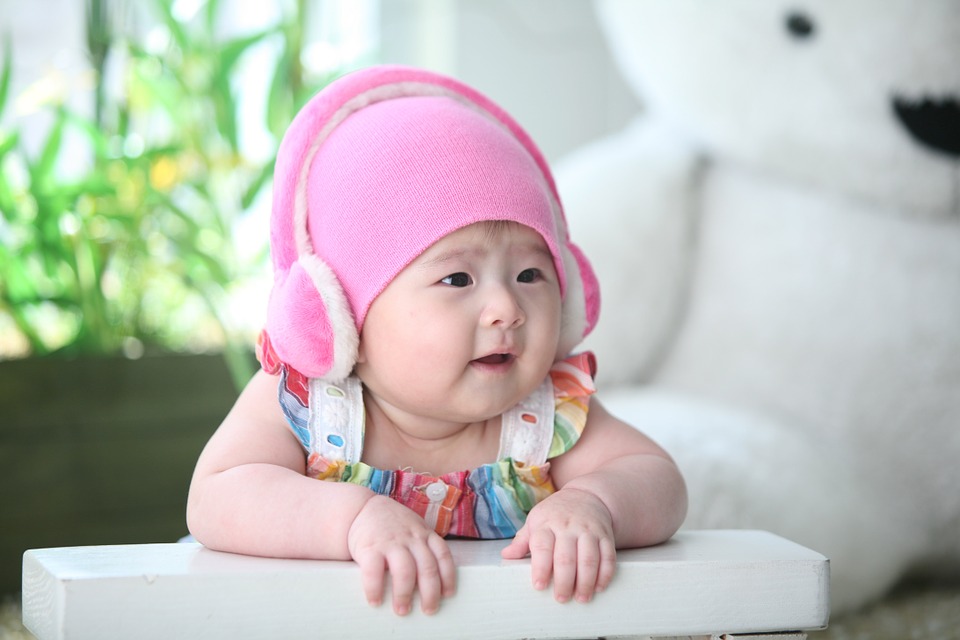You never forget your first language – even if you have never spoken it, scientists have discovered. Babies develop knowledge of the language they hear in their first few months of life and will always retain that knowledge on an abstract level. It has been discovered that your brain retains the hidden ability to recall forgotten first languages decades on. The findings indicate not only that you never truly forget your birth language but also that language acquisition as a baby is abstract in nature and not dependent on experience.
You never forget your birth language
Research has shown that adults who remember nothing of their birth language have better pronunciation that other learners when they try to regain it later in life. It seems that forgotten first languages are retained by the brain for future use.
Dr Jiyoun Choi of Hanyang University in Seoul led a research study into Korean adults who were adopted as babies by Dutch-speaking families.
In the study, the Dutch-speaking adults were asked to pronounce Korean consonants following a short training course. They performed exceptionally well in the Korean pronunciation tests, even though they could remember nothing of the Korean language before starting the course.
Pronunciation memories
The participants were then compared with a group of adults who had not been exposed to the Korean language as children. Native Korean speakers were asked to judge their competency.
The study showed that both groups performed at the same level before their training, but after training those who had been adopted as babies exceeded expectations of normal language acquisition.
Forgotten first languages recovered
The forgotten first languages of the group of adoptees in the study were clearly playing a part in their exceptional performance in the pronunciation tests.
The most interesting part of the study was that there was found to be no difference between children who were adopted before they were 6 months old (i.e. before they could speak) and those who were adopted after 17 months (when they could already talk).
This shows that language learning in the early years is unrelated to language use and that the brain will remember the structure of your birth language even if you have never spoken it.
Early language acquisition is abstract
Indeed, the study suggests that language knowledge is absorbed even in the very earliest years. It also shows that the language knowledge retained as a small baby is abstract in nature, instead of dependent on experience.
So the early experiences of children in their birth language can give them an advantage over other language learners as an adult when trying to learn the language they think they have forgotten.
Their forgotten first language is hidden from conscious acknowledgement, until ‘unlocked’ by the new training.
Dr Jiyoun Choi points out that the study indicates that the process of learning a language starts much earlier than often thought, while the child is still in the womb.
She said: ”This finding indicates that useful language knowledge is laid down in the very early months of life, which can be retained without further input of the language and revealed via re-learning’.
Talk to babies as much as possible
Dr Choi went on to say that parents should talk to their babies as much as possible in their early years because the brain clearly absorbs language at a complex level in the first weeks.
She urged: ”Try to talk to your babies as much as possible because they are absorbing and digesting what you are saying.”
The research is published in the journal, Royal Society Open Science.
Have you ever forgotten a language?
Is the language you speak now different from your birth language?
Have you ever ‘lost’ a language you learnt when you were younger?
Have you tried to re-learn an old language? Was the process easy?
Share your thoughts in the comments!

